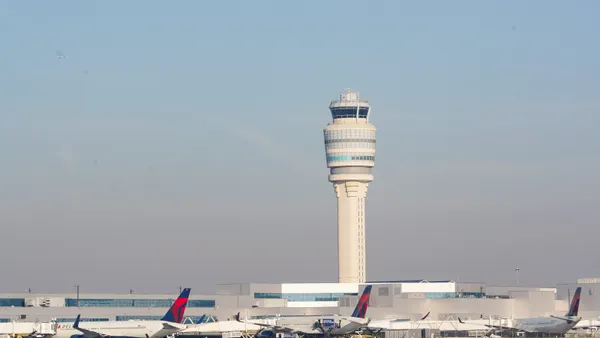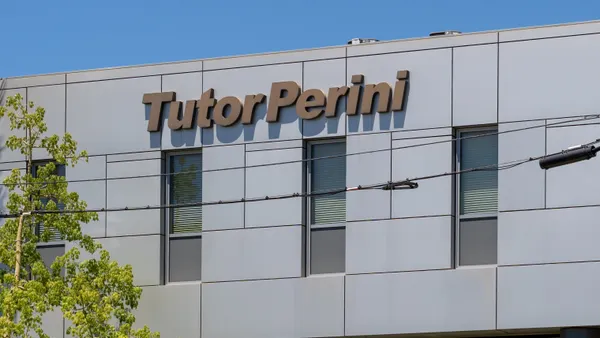Dive Brief:
- Texas Central Partners, the developer of a proposed $12 billion-to-$15 billion high-speed rail system between Dallas and Houston, have secured a total of $300 million in project loans from Japanese lenders, according to the Dallas Business Journal.
- The company announced last week that it had reached an agreement with Japan Overseas Infrastructure Investment Corp. for Transport & Urban Development and the Japan Bank for International Cooperation. This money, combined with funding from equity investors, will allow the project to reach financial close and will pave the way for permitting, design, engineering and other pre-construction tasks to get underway.
- The privately-funded rail line, which will reportedly cut travel time between Dallas and Houston to 90 minutes, will provide the state, according to Texas Central, $36 million of economic benefits during the next 25 years, including 10,000 temporary construction jobs. Developers still must still complete purchases of the necessary property, address environmental concerns and come up with the rest of the money required to complete the project.
Dive Insight:
Land acquisition is one of the most important aspects of this type of project, as the California High-Speed Rail Authority discovered. Failure to secure the necessary property for its $77 billion bullet train between the Los Angeles and San Francisco areas of the state cost the project time and at least $64 million in change orders for Tutor Perini, which had mobilized to begin construction but was not able to start. In 2016, the authority faced up to $400 million of claims from contractors alleging that delays had cost them money.
As part of its draft environmental review, the Federal Railroad Administration selected what it considered to be the best route for the Texas rail project back in December, one that the agency deemed would be the least disruptive to landowners and others in its path. Although the project must still be granted a final environmental review, the pause has allowed the project team, which includes Bechtel, Fluor, Lane Construction and WSP, to begin planning. Texas Central said it should be able to start construction next year.
There are still those opposed to the project, however, like Texans Against High-Speed Rail and others, who have been unsuccessful so far in attempts to scuttle the project.












